Yiwu, the world’s largest hub for small commodities, is a central point for businesses seeking cost-effective exports. Its International Trade Market offers a diverse range of products, and shipping these items globally via containers is the backbone of Yiwu’s trade operations. However, exporters must take several precautions to ensure that their goods are shipped safely and efficiently while adhering to international standards.
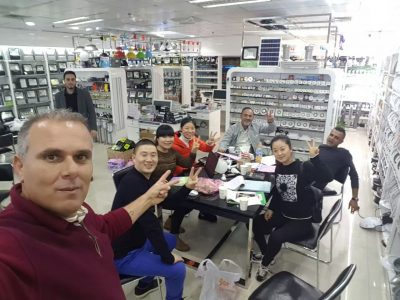
1. Product Packaging and Protection
Proper packaging is critical for protecting goods during transport. Exporters in Yiwu should consider the following:
- Durable Materials: Use high-quality, robust packaging materials that can withstand the rigors of international shipping. This is particularly important for fragile items like ceramics, glassware, and electronics.
- Cushioning and Insulation: Ensure adequate cushioning to prevent damage caused by movement or impact. For temperature-sensitive goods, use insulated containers or protective wraps.
- Waterproofing: Opt for waterproof materials or plastic wraps to shield goods from moisture, especially during sea transport.

2. Container Selection
Choosing the right container type is crucial for ensuring that the products arrive in optimal condition.
- Standard vs. Specialized Containers: Use standard containers for general goods, but consider specialized containers (e.g., refrigerated containers for perishables or high-cube containers for bulky items) based on the nature of your products.
- Inspection: Inspect containers for cleanliness, structural integrity, and any signs of wear and tear before loading. Avoid containers with rust or holes that could compromise product safety.

3. Proper Labeling and Documentation
Accurate labeling and documentation are essential for smooth customs clearance and logistics.
- Product Labels: Clearly label products with details such as item names, quantities, and handling instructions (e.g., “Fragile” or “Keep Dry”).
- Export Documentation: Ensure all necessary paperwork is in order, including the bill of lading, commercial invoice, packing list, and certificates of origin. These documents must comply with the destination country’s requirements.
- Customs Declarations: Work closely with customs agents to avoid errors in declarations that could lead to delays or fines.
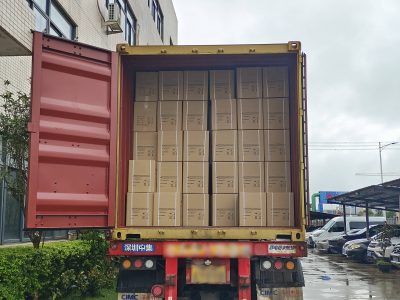
4. Efficient Loading Practices
Proper loading ensures the safety of goods during transit and optimizes container space.
- Weight Distribution: Evenly distribute the weight within the container to prevent tipping or damage during transportation. Place heavier items at the bottom and lighter ones on top.
- Securing Goods: Use straps, braces, or nets to secure items and prevent them from shifting inside the container.
- Maximize Space: Stack goods efficiently to utilize container space while ensuring they are not over-packed, which can lead to crushing.
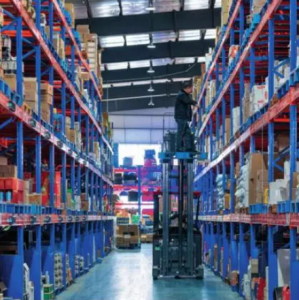
5. Compliance with International Standards
Adhering to global standards ensures the seamless movement of goods across borders.
- ISPM-15 Standards: Use certified wood pallets that comply with ISPM-15 regulations to prevent the spread of pests.
- Restricted Items: Check the export and import restrictions of the destination country to ensure compliance with local laws.
- Product Certification: For specific goods like electronics, toys, or food items, obtain the necessary certifications required by the importing country (e.g., CE marking for Europe, FDA approval for the U.S.).
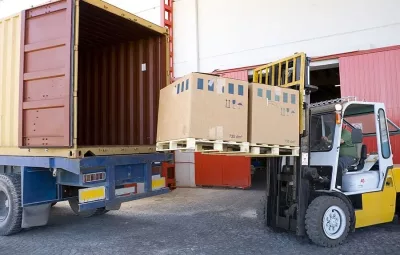
6. Risk Management and Insurance
Shipping goods internationally involves risks such as damage, theft, or delays. Mitigate these risks by:
- Insurance: Purchase cargo insurance to cover potential losses or damages.
- Contingency Planning: Develop contingency plans for unforeseen delays or disruptions, such as alternative shipping routes or methods.
7. Real-Time Tracking and Communication
Modern shipping solutions offer tools for monitoring the status of shipments.
- Tracking Systems: Use GPS-enabled tracking systems to monitor container locations in real-time.
- Communication: Maintain regular communication with freight forwarders and logistics partners to address any issues promptly.
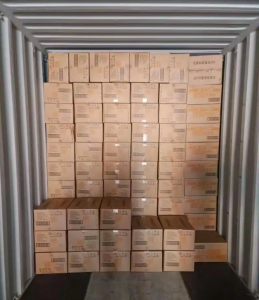
8. Consideration for Seasonal Factors
Seasonal fluctuations can impact shipping times and conditions.
- Peak Season Planning: During peak seasons, such as the pre-Christmas period, book containers and shipping slots well in advance to avoid delays.
- Weather Conditions: Consider weather impacts, especially for goods traveling through regions prone to extreme conditions.
Conclusion
Exporting commodities from Yiwu requires meticulous planning and attention to detail to ensure the safe and timely delivery of goods. By focusing on proper packaging, container selection, accurate documentation, and compliance with international standards, exporters can minimize risks and build strong, reliable trade relationships. Adopting these precautions not only safeguards the integrity of products but also enhances the reputation of Yiwu as a premier global trading hub.

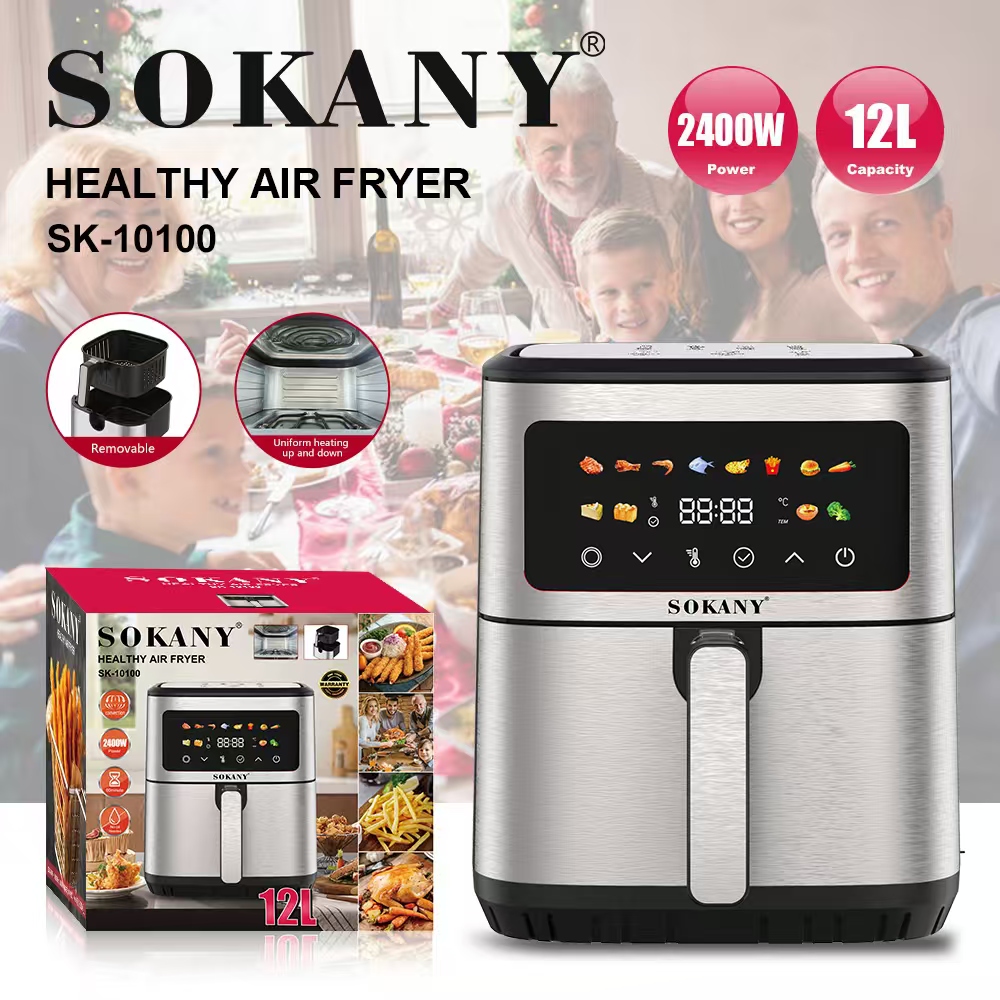
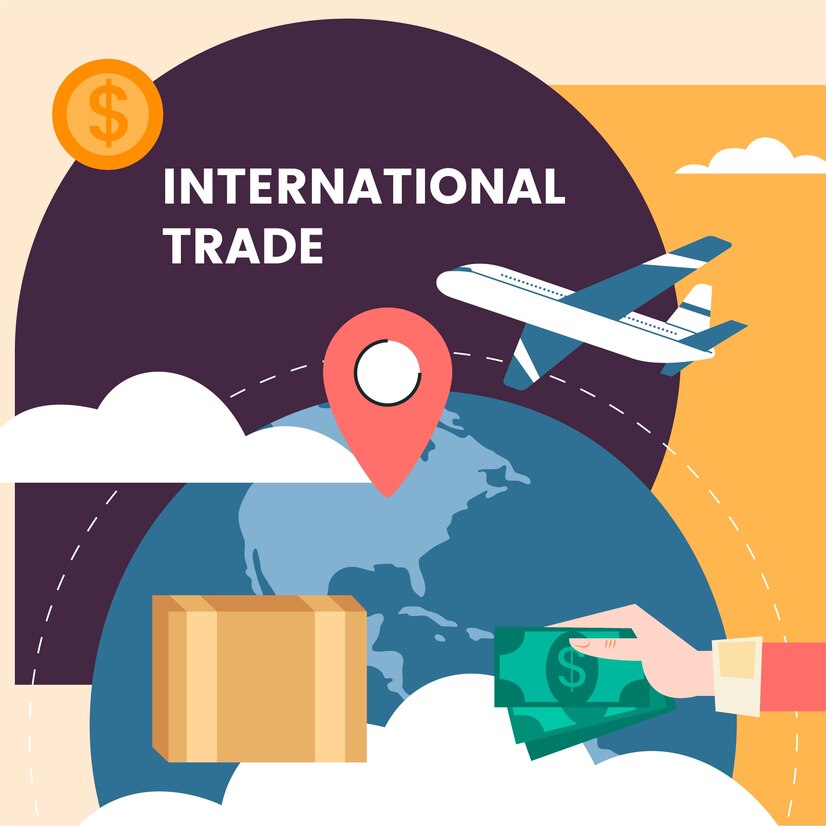


Recent Comments